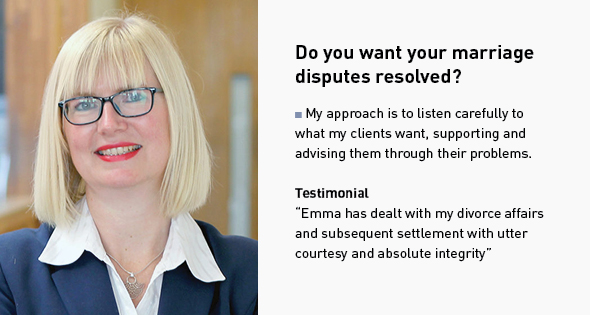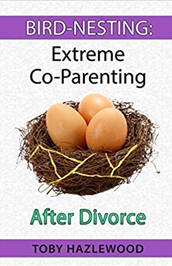It May Be Mother’s Day, But What About Dads?

- This blog contains affiliate links, which we may receive a commission for purchases. The decision is yours, whether or not you decide to buy.
Mother’s Day is recognised for being a day to celebrate our mothers, grandmothers and great-grandmothers and all that they do for us.
However, it is easy, especially on such a renowned day, to assume that mothers have more rights over their children than fathers.
In fact, this is not the case. If both parents have Parental Responsibility, they have the same legal rights, duties, powers, responsibilities and authority, and both equally share the right to make decisions about the child’s care and upbringing.
In cases where parents are unable to agree regarding the living or contact arrangements for their children, either parent has a right to make an application to the Court for a Child Arrangements Order. The court will look into various factors in order to determine what is best for the child.
The court will always make sure that the child’s welfare comes before any other consideration. Other factors considered by the court are as follows:
1. The court will take into account the physical, educational and emotional needs of the child or children, including any disabilities and medical needs they may have.
Where the child’s needs are met with both parents, the effect of any disruption in changing the current circumstances is looked into also. Additionally, the court, where possible, endeavours to keep siblings together.
2. The court will also be looking at the capacity of either parent to meet the needs of the child. Finances are not generally relevant here. However, where either parent has previously failed to meet the needs of the child this will be considered.
3. The Court will also consider the likely effect of any change in circumstances on the child or children. This generally strongly relates to the effectiveness of the current arrangement and whether or not that can continue.
However, this is taken into account in company the other factors and one cannot look at this factor as a single question on its own.
For example, it may cause a child great disruption to change the current arrangements. Conversely, one parent may not be able to meet the child’s needs and as such a change in situation is best for the child in the long term.
4. In older children the court considers the wishes and feelings of the child or children. However, the weight of the child’s views in practice will depend on how mature the court deems them to be.
In many situations the court will order a section 7 wishes and feelings report to be initiated by CAFCASS (the Children and Family Court Advisory and Support Service).
In these situations a CAFCASS Officer will arrange an interview with a child (somewhere neutral like their school) to establish their wishes and feelings. The CAFCASS Officer may also interview any other appropriate family members or people involved with the child.
After all the necessary people have been interviewed, the CAFCASS Officer will write a report on what they consider is best for the child.
It is necesary to note here that while the CAFCASS and the court will take into account the wishes and feelings of the child, the CAFCASS report will state what is best for the child – not necessarily what their wishes are.
5. On top of this, the court also considers any harm the child has suffered or is likely to suffer. This is based on past behaviour.
It is significant to point out here that the court does not focus on physical harm but also takes into account any emotional harm the child may have suffered on top of this.
This is extremely subjective to each individual case, but any order made by the court is proportioned against the risk of harm to the child.
So if, this Mother’s Day, you are thinking about your rights when it comes to disputes over children, note that no individual case is the same and it is always pertinent to take legal advice before doing anything.
Written by Emma Alfieri Chartered Legal Executive www.greene-greene.com
You may also like
Books
Buy now from Amazon
Podcast
If you’re looking for some straight-up, positive advice on topics that affect your daily life, then check out The Sue Atkins Parenting Show. Each week Sue bare will discuss every possible aspect of your parenting challenges, from weaning to whining, boundaries round technology to stroppy teens. You’ll get practical tips, techniques and advice that really work- and it’s all totally free.
Articles
- 5 Ways To Parent With A Narcissist
- How To Be Great Parents Through Separation And Beyond
- Divorce From A Child's Perspective
Videos
Practical advice and tips from professionals on what to do with issues and challenges around divorce from parenting to finance.
Events
Practical tips & advice designed to help people going through divorce, whether online or in person.
Useful links
Here's a selection of organistaioins from parenting to finance to help you with your divorce.
Parenting professionals
Related Posts
-

Divorce And Friendships: Navigating Shared Social Circles
-

Managing Divorce Post-Christmas: Unveiling The January Surge In Separations
-

Thriving Through The Holidays: A Guide To Resilience And Self-Discovery After Christmas, Separation, And Divorce
-

5 Rights Of A Child After Divorce
-

Six Ways A Divorce Coach Can Transform Your Divorce Journey


.jpg)

.jpg)



.jpg)

